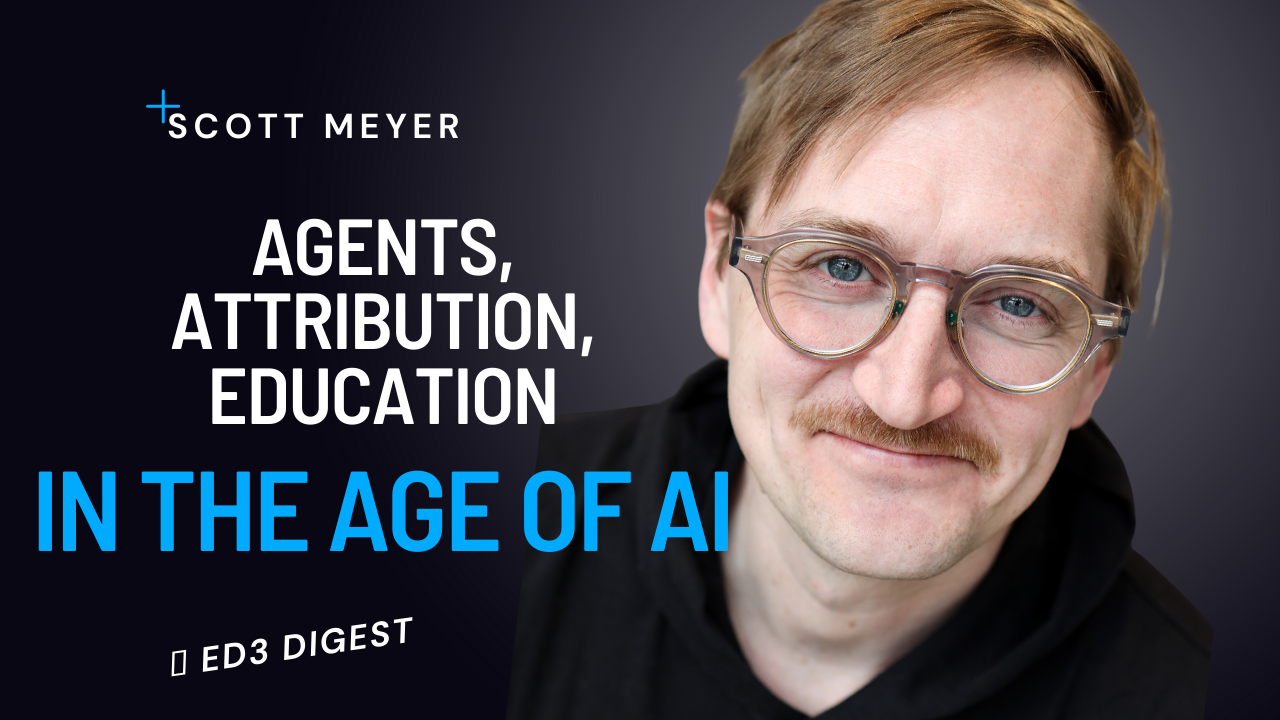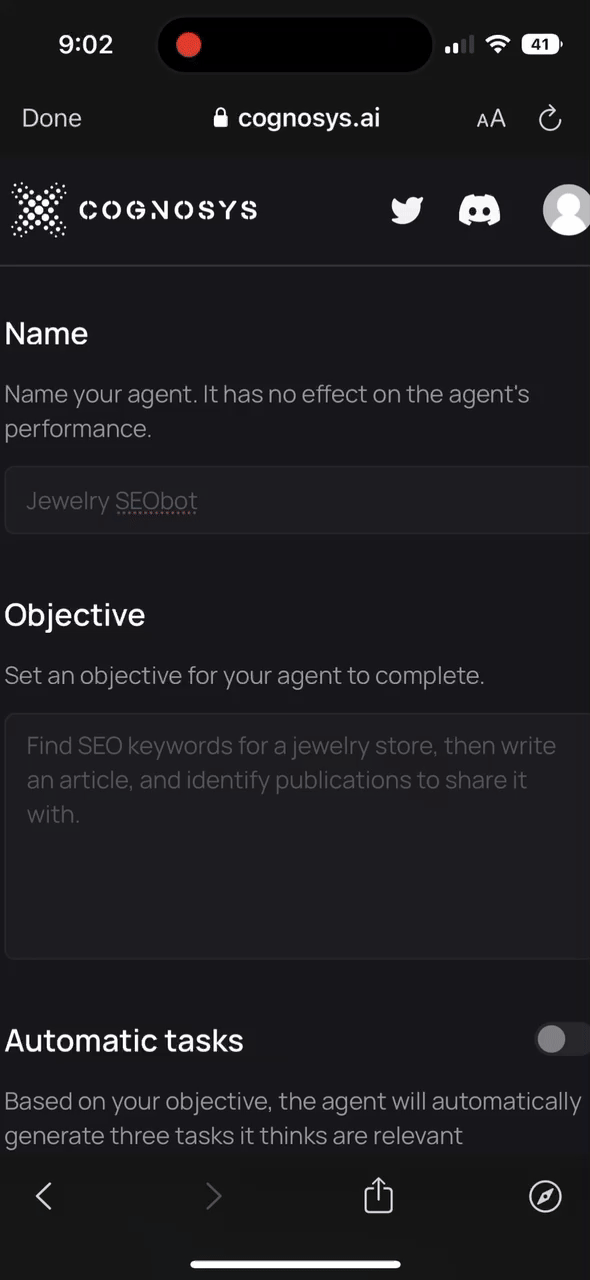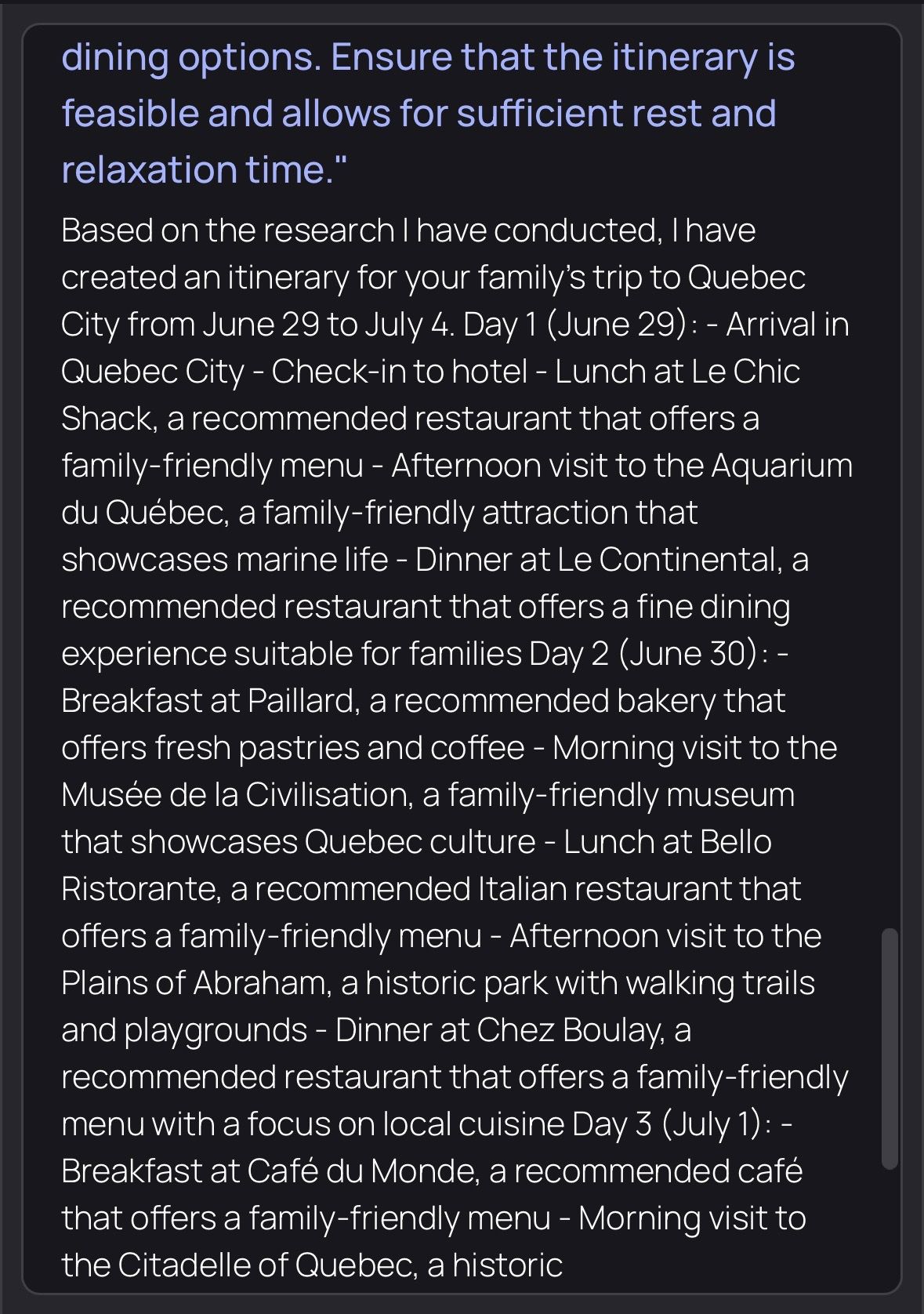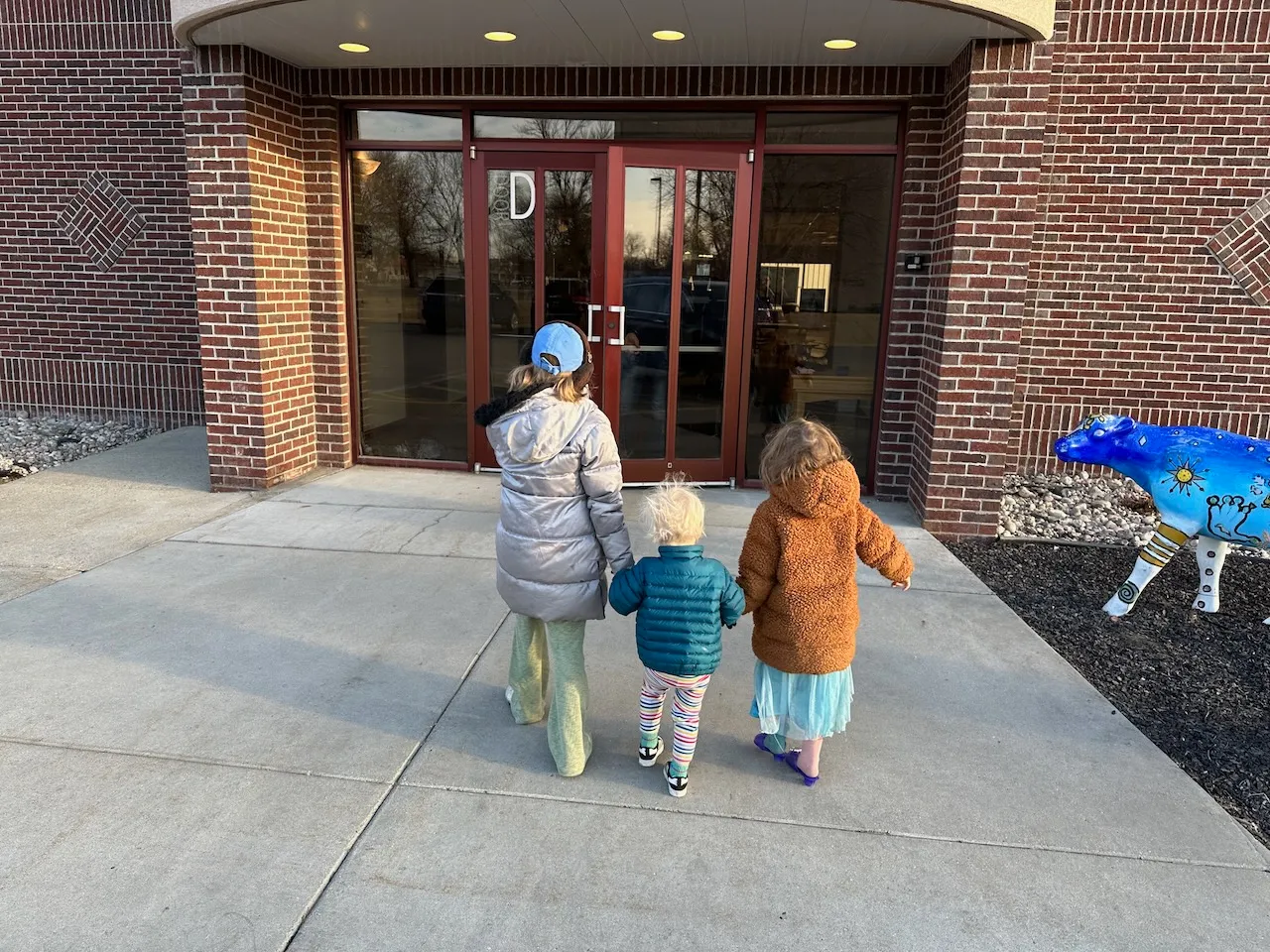🗞 Agents, Attribution, Education in the Age of AI
AI agents provide new superpowers and highlight the debate over attribution. With care, a model could emerge to support engaging teaching and innovative teachers.

Table of Contents
On AI Agents
🕵️♂️ It's often said that AI is moving quickly, but this week felt like lightspeed with the development of AI agents.
AI agents listen to what you want and determine how to get there independently. Agents can search the web, remember information gathered, and organize it using GPT-4.
With ChatGPT, you ask a question and get an answer. With AI agents, you just share the answer you want - it figures out the questions on its own. It is the difference between hiring an intern and hiring an industry expert.
🌱 AI agents were born and have developed into the "next big thing" in a few short days.
First came #HustleGPT. People started using ChatGPT to help them make money and launch new businesses and projects. This inspired babyAGI, an open-source agent that others could use. Memory was added (AutoGPT), connection to other tools was added, and off we go.
The original concept and "paper" are here if you want to go deep, along with a great timeline here:
🔥1/8
— Yohei (@yoheinakajima) March 29, 2023
Introducing "🤖 Task-driven Autonomous Agent"
An agent that leverages @openai's GPT-4, @pinecone vector search, and @LangChainAI framework to autonomously create and perform tasks based on an objective.
"Paper": https://t.co/MT5WxB0Ebo
[More 🔽] pic.twitter.com/9BmbuJBAjl
❤️ Then, the experimentation began. Researchers put 25 AI agents together in a simulated town. What did they do? They threw a Valentine's Day party (among other human behaviors)!
This is quite the paper!
— Ethan Mollick (@emollick) April 10, 2023
It gave 25 AI agents motivations & memory, and put them in a simulated town.
Not only did they engage in complex behavior (including throwing a Valentine’s Day party) but the actions were rated more human than humans roleplaying. https://t.co/G7oJW1S3na pic.twitter.com/d7Gp4sXp4V
🧐 Agents were put to use to research and summarize information. Imagine the best teaching or admin assistant working for you in seconds.
AI agent does research
— Linus (●ᴗ●) (@LinusEkenstam) April 12, 2023
Wow, @chillzaza_ just sent me this.
He runs an AI agent that conducts product research and writes a summary on the best headphones
This is wild, powered by GPT-4
pic.twitter.com/43X7T48QmX
On Abstraction
𑗊 Technology marches towards abstraction. We don't need to run a mainframe to use a computer. We don't need to set up a server to access the internet. We don't need to code to build a website. The same abstraction is happening in AI.
🥸 These exciting AI agents were built for the technically minded. However, Ai agents are now accessible to all of us.
Cognosys launched a web version of AutoGPT and babyAGI. You share your goal, and the agent will get you there.
For the last few days I've been building Cognosys - it's a web based version of AutoGPT/babyAGI
— Sully (@SullyOmarr) April 13, 2023
And I'm happy to finally launch the beta version today!
It's 100% free:https://t.co/1kBWoCyq6m pic.twitter.com/SBUHMWdfU3
✨ I asked it to find SEO keywords for the best jewelry store you'll ever find (run by my wife 🥰), write an article based on those keywords, and identify where to share the article.
It not only searched and found all of that information, but it also went above and beyond. It created a social media calendar with posts, found influencers to contact, and even offered to email them for me. All in 15 seconds.

✈️ My brother asked for travel advice. Soon he had an itinerary with where to go, what to do, and where to eat, all customized for a family-friendly experience.

I especially loved it highlighting restaurants with chicken strips and grilled cheese! 🥪
On the Impact of Agents in Education and Beyond
🔔 Education is one of the first industries to feel the impact of AI. From cheating to classroom prep, AI is already here.
But we've been here before.
Ethan Mollick shares the story of the calculator. Initially, it was rejected, then accepted, then integrated. He suspects the same may be true with AI, with the potential to support and encourage the best teaching practices:
...AI-powered systems have the potential to significantly enhance the learning experience for students and make flipped classrooms even more effective. They provide personalized learning, where AI tutors can tailor instruction to each student's unique needs while continually adjusting content based on performance. This means that students can engage with the content at home more effectively, ensuring they come to class better prepared and ready to dive into hands-on activities or discussions
🛠 This abstraction and superpower will make it easier for all of us to create change, including in education. The best way to market might be to simply build.
Theory:
— Charlie Ward 🍜 (ramenclub.so) (@charlierward) April 14, 2023
The price of side project marketing (for simple things) just dropped significantly. You know why.
So, we're going to see a surge in people building useful, free things for their audience and writing about it as their marketing strategy.
This is a win-win.
✅ I'm taking this sentiment from Charlie to heart. I will be helping friends with a quick hackathon this week to build education AI agents. We'll need input, so just hit reply if you want to test things out.
On Attribution
👯♀️ A concern with AI is attribution. These models are trained on images and text without the knowledge or consent of the creator. A robust discussion on fair use is around the corner.
This challenge is especially powerful in academia, where attribution, citations, and footnotes are a currency. Can we give credit to the ideas feeding us answers?
🎵 We may face our Napster to iTunes moment soon. Napster encouraged the free flow of music without credit or payment to artists. Regulators stepped in to punish piracy, and more importantly, iTunes (and later Spotify) made it easy to purchase music. Might we move from unregulated information flow to regulated, paid, opt-in attributed large learning models?
✍️ LinkedIn is trying one approach, writing using AI, and then asking individuals to proofread, add details, and approve its validity. This is an example of "humans in the loop," where AI creates information and humans augment it.️
🔗 Blockchain technology now becomes an essential tool in the Age of AI. We can track what is real, who made edits, who trained a model, and what information was used in a model.
In education, teachers could train AI models with their expertise. They could sell those models to other teachers, getting paid when others use their AI agent. The future teacher may be the person who best trains the robots to train other humans.
🎧 Serj Hunt and I dove deep into the conversation on attribution, matching learning to jobs, and credentialling true learning in a world full of immediate answers. It was a fun one this week on Ed3: Unplugged. Enjoy as a podcast or YouTube video.
On the Beautiful and Linguistic
🎙 As a palate cleanser, let's talk language!
English is not often considered a beautiful language, but one of the masters of language and beauty makes just that argument.
Jorge Luis Borges explains how the combination of Latin and Germanic languages makes English "far finer" than Spanish. ¿Qué piensas?
In 1977, Jorge Luis Borges, one of the most influential 20th c. Spanish-language writers, told William F. Buckley (whose first language was Spanish) his reasons for feeling, age 78, that English was 'far finer' than his native tongue. Right or wrong, I love his savor for language pic.twitter.com/foOzTu6mYR
— Benjamin Carlson (@bfcarlson) April 10, 2023
Scott David Meyer Newsletter
Join the newsletter to receive the latest updates in your inbox.



